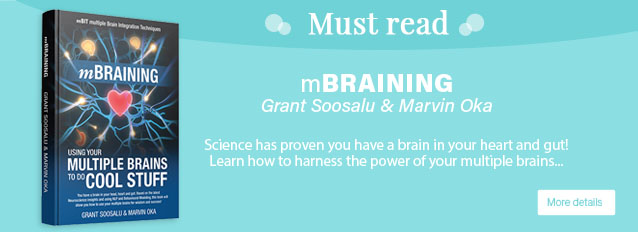COPING WITH CHANGE
‘It is not the strongest of the species that survive or the most intelligent, but the ones most responsive to change’.
Charles Darwin.
Managing change is a challenge for people at any age. Mid-life years can create all manner of crises related to the changes that naturally happen at this time of life. For example, the physical and psychological changes caused by the menopause and andropause (the male version of menopause) can challenge your sense of identity. Equally, younger generations have to manage life’s unforeseen changes. These include high expectations placed on oneself to perform, financial pressures that are part of normal family life, the increasing pace of life and the on-going changes in technology and communication. Change can, at times, make life feel more confusing, causing internal conflict. When we are conflicted we can feel internally split and can become incongruent in our thoughts and behaviour. Whilst the head says one thing, the heart may say another.
Living life incongruently can cause psychological stress and be draining to your vitality Change brings about new paradigms of thought, opening up the potential for exploring new ways of living and being. For example science and spirituality are agreeing more frequently about how the universe works. Ancient philosophies from cultures have long posited that a mysterious force is the basis of our universe. Theories in quantum physics are beginning to accept that the universe is a vast field of energy and human beings are not just ‘static’ physical structures. We are part of that energy field and we interact with it on many different levels.
With this understanding we are now embracing other cultural systems, and what they have to offer us for our health and our longevity. For example, the Chinese medical system practices acupuncture where our energy pathways (meridians) are stimulated with needles to stimulate chi. In the Indian Ayervedic and Yogic traditions, the focus is on balancing the seven energy centres (chakras) of the body with Prana – the essential life force from the air that we breathe. The ancient healing practice of Reiki (life force) offers hands on/off the body healing to the chakras. The practice of yoga supports our cellular health through the demanding physical postures and the promotion of the relaxation response brought about by breathing deeply.
In addition to these wonderful balancing healing systems, the left-brained world of neuroscience gives us more evidence-based-knowledge that backs up what we already know in terms of our potential for wisdom and insight. There is now evidence that both our heart and gut (that are both packed with mitochondria and neurons) are intelligent centres with their own communication systems that communicate with each other. The heart is an emotive centre that houses our passions, our emotions and values. The gut (enteric brain) is the home of our intuition. The brain in our head is the home of cognitive perception, creativity, making meaning. There are some fascinating psychological methods such as heart maths and mBraining, that help us to get greater communication between all three ‘brains’; aligning our head, heart and gut for greater congruency.
It is heartening to know that we have all the resources we need both around and within us to support change and becoming more congruent in life. If spiritual evolution is your goal, being congruently present offers the potential for further attunement and spiritual growth. This involves opening to the higher aspects of self to experience greater love, joy, peace, tolerance care, compassion and other attributes of the soul. Combining these qualities with optimum physical, mental and emotional vitality creates the potential for an exquisite and authentic expression of life.
